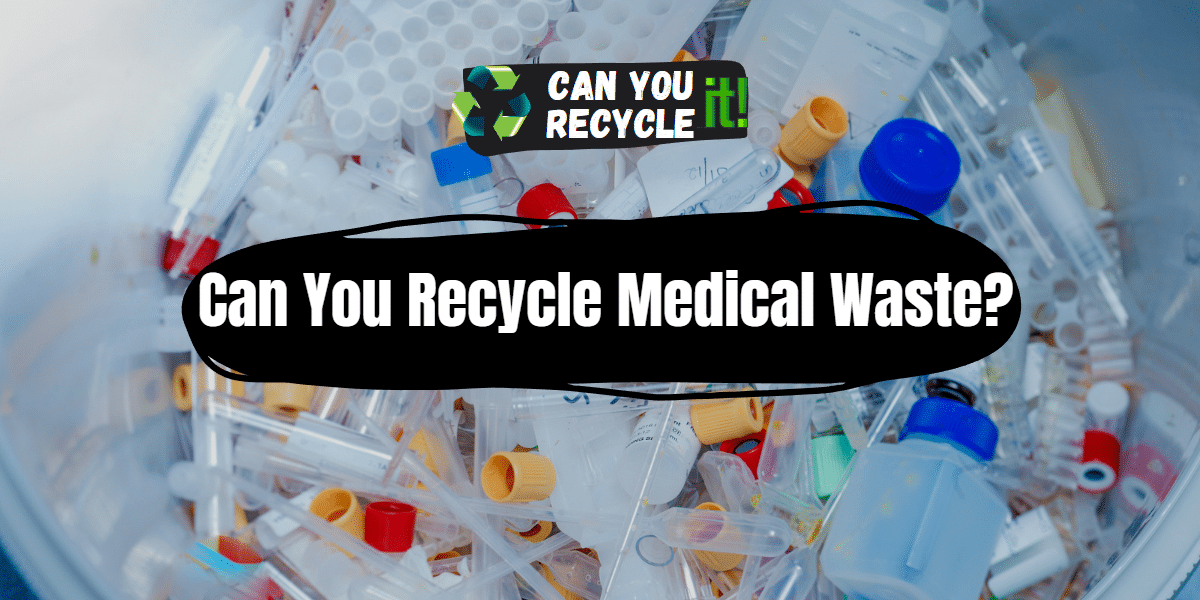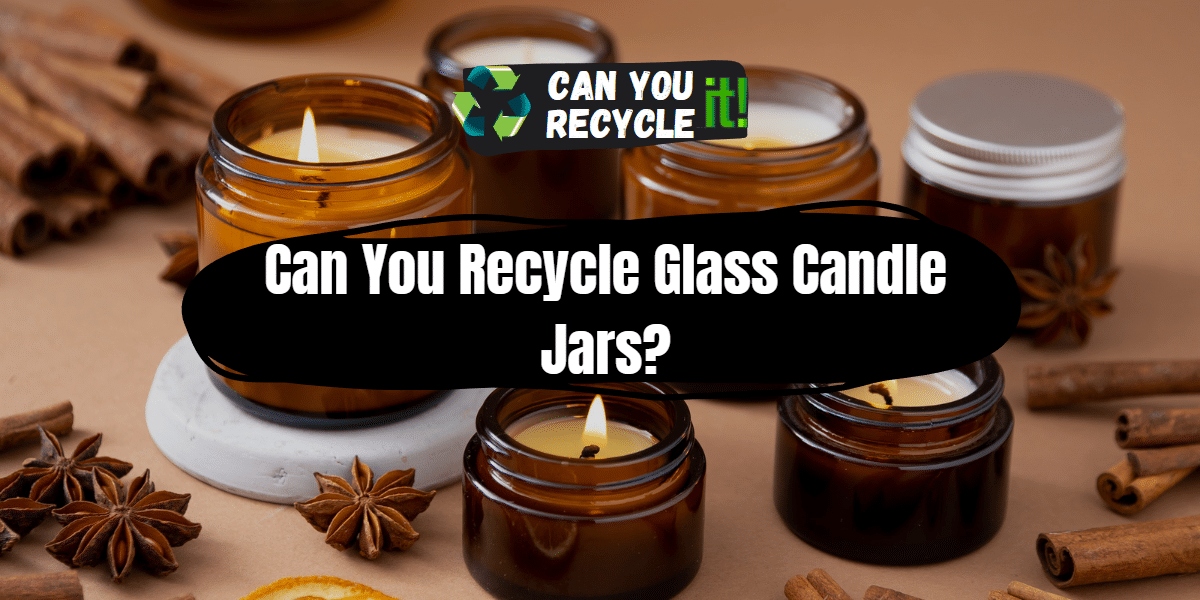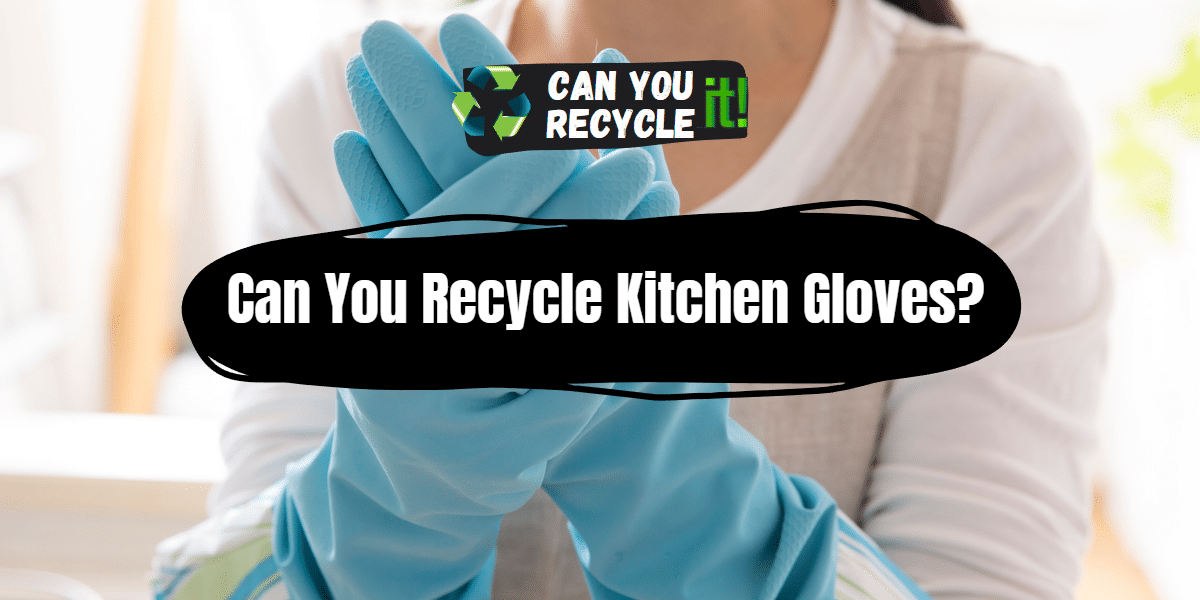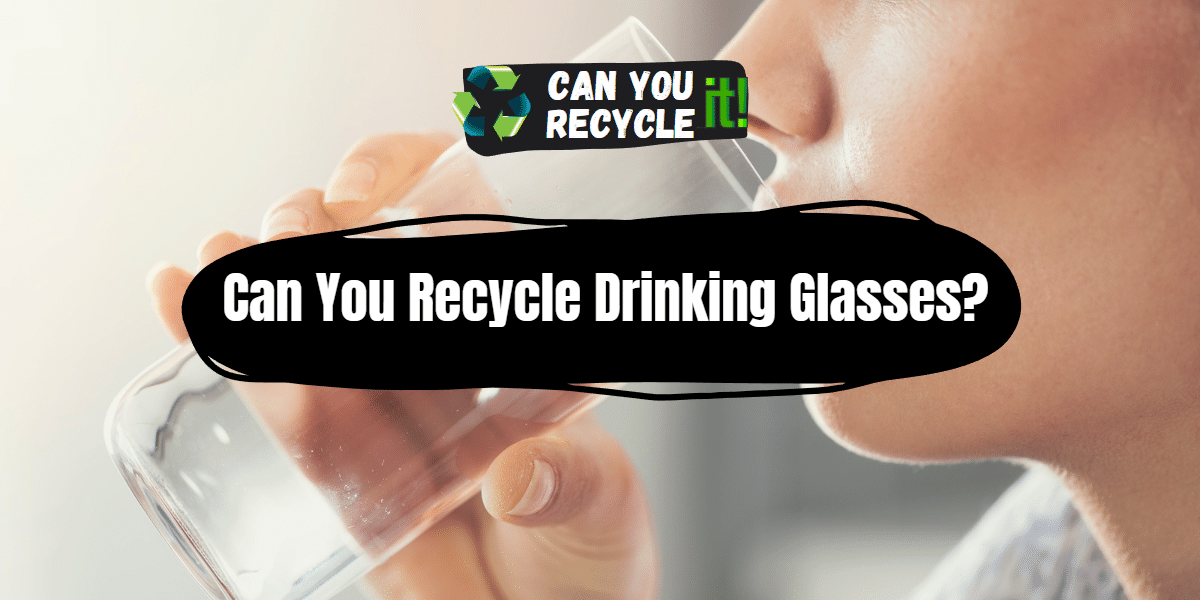No, you cannot recycle medical waste. Medical waste is considered hazardous waste and must be disposed of properly. This is because medical waste can contain harmful pathogens that can cause disease.
Medical waste management is a critical aspect of healthcare practices. With the growing concern for environmental sustainability, recycling has become a popular approach to reducing waste and minimizing its impact on our planet. However, when it comes to medical waste, the question arises: can you recycle it? In this article, we will explore the possibilities of recycling medical waste, the dos and don’ts, a step-by-step guide, and the environmental impact of such recycling efforts.
Table of Contents
Do’s and Don’ts
Recycling medical waste requires adherence to specific guidelines to ensure safety and compliance. Here are some dos and don’ts to consider:
Dos
- Segregate Waste: Properly segregate medical waste into different categories, such as sharps, pharmaceutical waste, plastics, and metals.
- Follow Local Regulations: Familiarize yourself with local regulations and guidelines for medical waste management and recycling.
- Partner with Certified Companies: Collaborate with certified medical waste management companies with experience recycling healthcare waste.
Don’ts
- Mix Different Types of Waste: Avoid mixing different types of medical waste as it can complicate the recycling process and pose a risk to the environment and human health.
- Dispose of Medical Waste in Regular Trash: Never dispose of medical waste in regular trash bins, as it can potentially harm waste handlers and lead to environmental pollution.
5 Step Guide to Recycle Medical Waste
If you are looking to recycle medical waste, follow this step-by-step guide:
Step 1
Categorize Waste: Segregate medical waste into distinct categories, such as sharps, non-sharps, pharmaceutical waste, and hazardous materials.
Step 2
Identify Local Recycling Options: Research local recycling facilities or waste management companies specializing in medical waste recycling. Ensure they comply with the necessary regulations and have the infrastructure to handle different types of medical waste.
Step 3
Consult with Experts: Seek guidance from experts or professionals with experience in medical waste management and recycling. They can provide valuable insights and recommendations tailored to your specific needs.
Step 4
Packaging and Transport: Properly label medical waste according to local guidelines. Arrange for safe transportation to the recycling facility, ensuring compliance with regulations for handling and transport.
Step 5
Monitor and Evaluate: Establish a system to monitor and evaluate the effectiveness of your medical waste recycling efforts. Regularly assess the impact and make necessary adjustments to optimize recycling practices.
What to Do with Medical Waste That Cannot be Recycled.
While recycling medical waste is an ideal solution, not all types of waste can be recycled. In such cases, proper disposal becomes crucial. Incineration, autoclaving, or other approved treatment methods can be employed to ensure the safe and responsible disposal of non-recyclable medical waste. It is essential to consult local guidelines and regulations to determine the most appropriate method for your waste type.
Environmental Impact of Recycling Medical Waste
- Reduced Landfill Waste: Recycling medical waste helps divert significant waste from landfills, reducing the environmental burden and conserving valuable landfill space.
- Prevention of Pollution: Proper recycling of medical waste prevents the release of harmful substances into the environment, reducing pollution of air, water, and soil.
- Conservation of Resources: Recycling medical waste allows for recovering and reusing valuable resources, such as metals and plastics, reducing the need for virgin materials and the associated energy consumption.
- Energy Savings: Recycling medical waste requires less energy than producing new materials from raw resources, resulting in lower greenhouse gas emissions and a smaller carbon footprint.
- Protection of Public Health: By ensuring proper disposal and recycling of medical waste, the risk of exposure to hazardous materials and the spread of infectious diseases is minimized, safeguarding public health and safety.
FAQs for Can You Recycle Medical Waste
Is recycling medical waste cost-effective?
The cost-effectiveness of recycling medical waste varies depending on factors such as the type and volume of waste, local regulations, and available recycling facilities. Consulting with waste management experts can provide insights into the financial aspects of recycling in your specific context.
Can sharps containers be recycled?
Yes, sharps containers can often be recycled. They are typically made of rigid plastic and can be processed at specialized recycling facilities.
What happens to the recycled medical waste?
Recycled medical waste is processed and transformed into new products or materials. For example, plastics may be reprocessed into non-medical items, while metals can be melted down and reused in various industries.
Are there any risks associated with recycling medical waste?
Recycling medical waste carries potential risks, such as exposure to hazardous substances or infections. Following proper safety protocols and working with certified waste management companies to minimize these risks is crucial.
Conclusion and final thoughts 💭
Recycling medical waste is an essential step toward sustainable healthcare practices. While not all medical waste can be recycled, responsible waste management, proper categorization, and collaboration with certified waste management companies can significantly minimize healthcare activities’ environmental impact. By adopting recycling initiatives and following the dos and don’ts outlined in this article, healthcare facilities can play a vital role in preserving our planet for future generations.





Leave a Reply